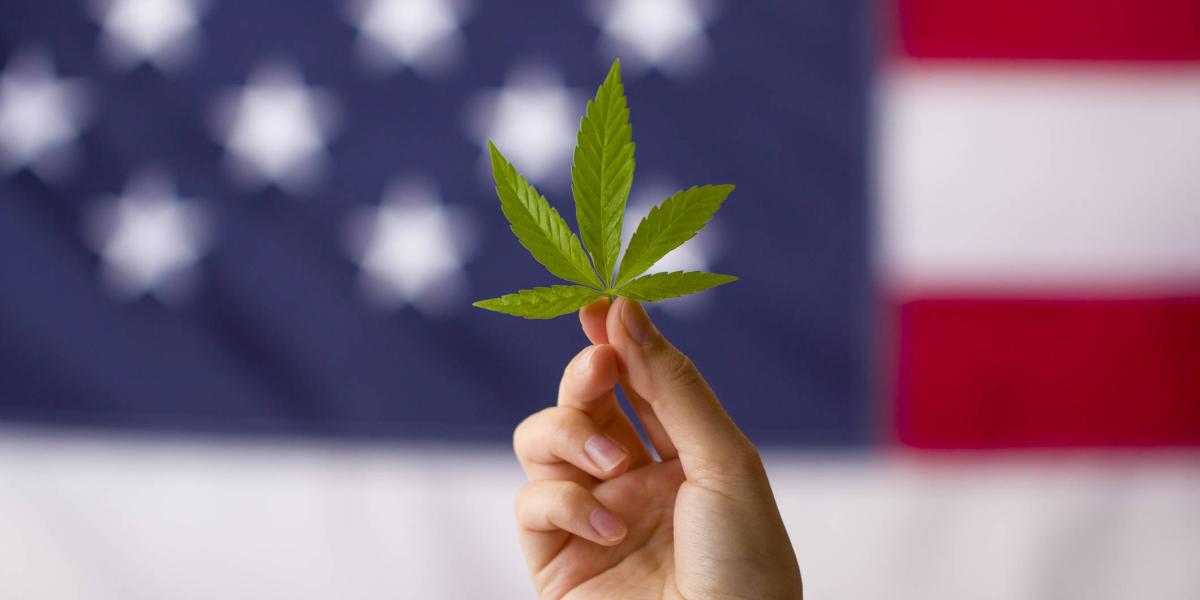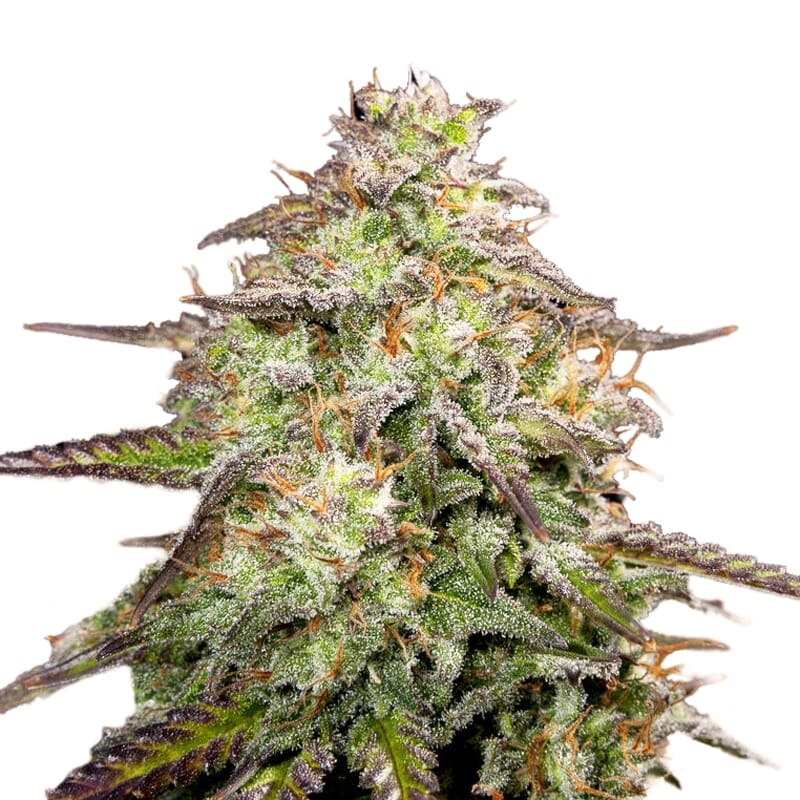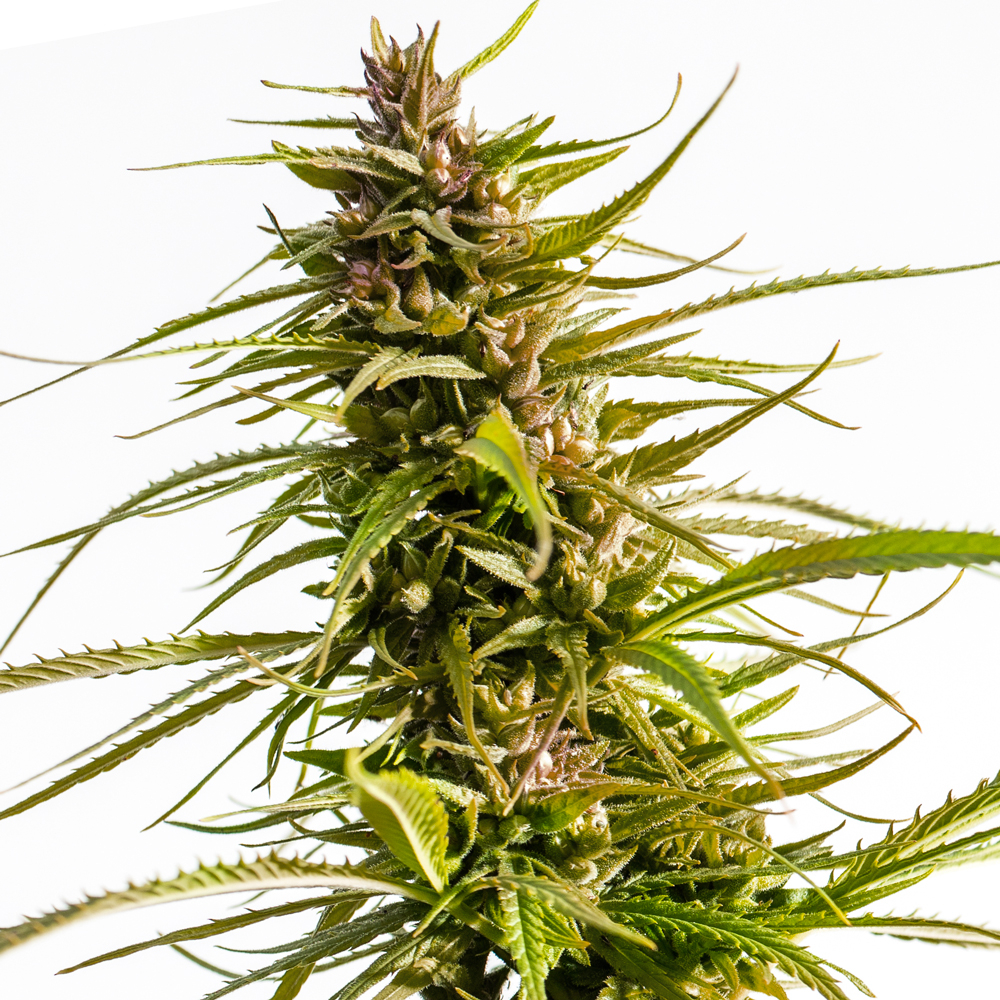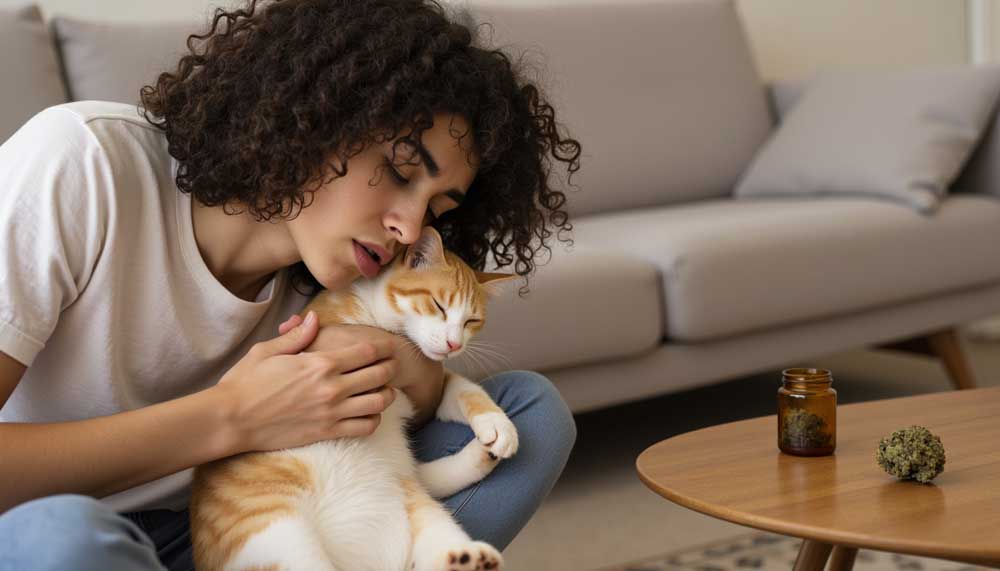The “cannabis nuns” of California, blending spirituality with marijuana cultivation.
Residing on a vast farm they consider their abbey, dressed in white habits, and cultivating cannabis plants in their backyard garden, these women, known as the “marijuana nuns” in California’s Central Valley, are not formally associated with any religious order nor do they practice the Catholic faith, a distinction they make clear from the outset to avoid misunderstandings. Despite not adhering to any traditional religious doctrine, these women are spiritual, committed to activism, and have gained a certain level of fame. Sister Kate, a prominent figure in this group at 55 years old, emphasizes that their intention is not to ridicule the Catholic Church, though she acknowledges the harm she believes it has caused in the past.
Their foray into the world of marijuana nuns began in 2011 during the Occupy movement, where Sister Kate joined the protests dressed in religious garb, adopting the moniker “Sister Occupy.” According to her, this action aimed to draw attention to the demands of the movement. Although she has faced criticism, especially from her staunchly Catholic family, she generally feels accepted by people.
Sister Kate, with a background in systems analysis, arrived in California in 2008 after a decade in the Netherlands. Initially involved in marijuana cultivation as part of a cooperative that closed in 2013, her experience convinced her of the plant’s healing effects, especially when dealing with sick individuals seeking relief. After the cooperative closed, Sister Kate decided to focus on marijuana cultivation for medicinal purposes. Alongside her partner, 24-year-old Sister Darcy, they produce non-psychoactive cannabis-based products such as CBD ointments, which they ship worldwide.
Following a code of spiritual living, the Sisters of the Valley are strictly vegan and practice celibacy during certain periods of the lunar cycle. During these lunar phases, the production of their lotion becomes a ceremony of meditation and healing. Although media attention has increased demand for their products, Sister Kate sees this notoriety as an opportunity to spread their message about the importance of employment and combating poverty. Beyond cannabis cultivation, the Sisters of the Valley aspire to revolutionary systemic change.
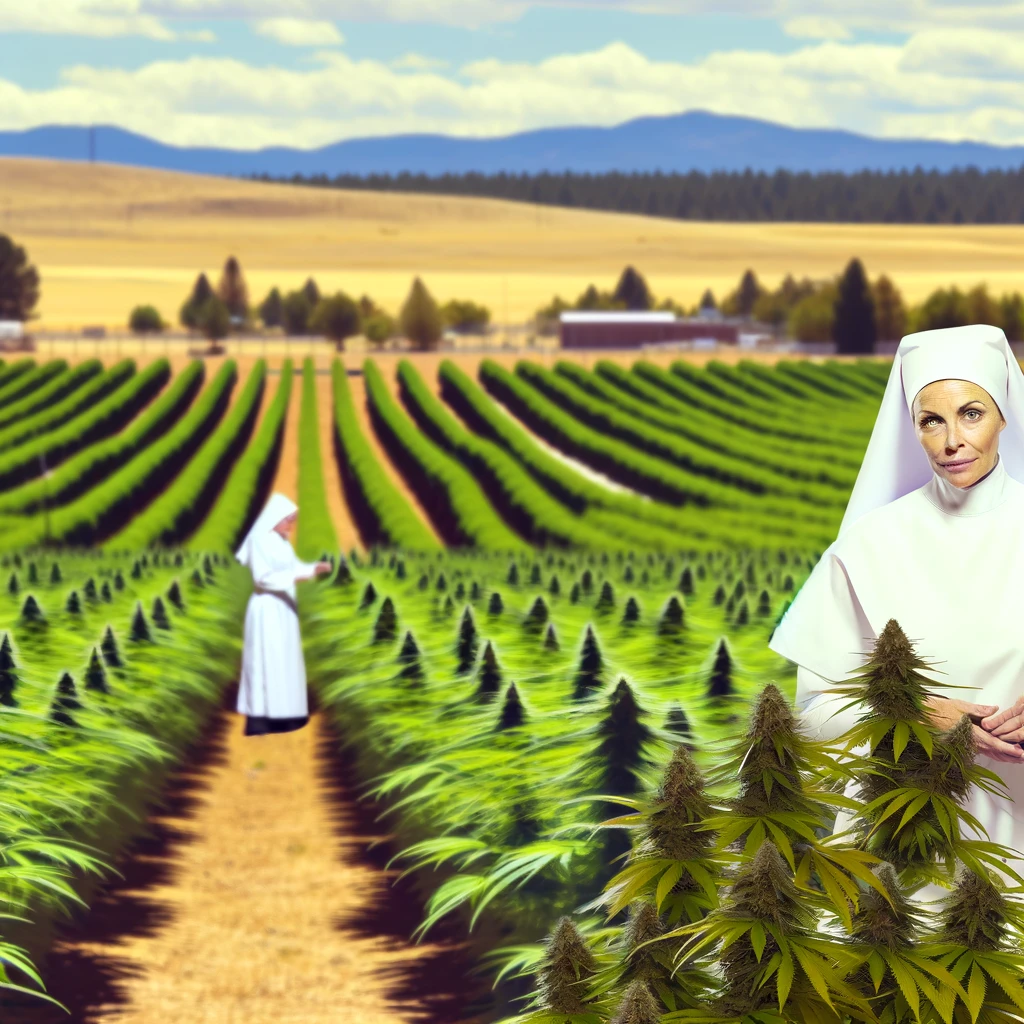
In the legal arena, medical marijuana is a complex issue in the United States. Although many states allow its use for treating various conditions, federal law still prohibits its use. This situation creates confusion and challenges for both users and producers/distributors.
The medicinal use of cannabis presents a lesser-known dimension:
In the United States, despite federal marijuana prohibition, several states have legalized its use for medicinal purposes to treat symptoms such as pain and nausea.
Medical marijuana, also known as medicinal cannabis, refers to derivatives of the Cannabis sativa plant used to relieve symptoms related to various medical conditions.
The plant contains several active compounds, including THC and CBD, with THC being responsible for the characteristic psychoactive effects of cannabis.
At the federal level, the use of cannabis and its derivatives is prohibited, although CBD derived from hemp (with low THC content) is legal. However, state laws may allow THC for therapeutic purposes, though federal laws prevail.
Eligibility for medical marijuana treatment varies by state and the medical conditions covered in their regulations.
While medical marijuana has been observed to have benefits for certain conditions, further research is needed to determine its safety. Possible side effects include changes in heart rate, dizziness, and cognitive alterations, among others.
Although not approved by the FDA for any medical condition, there are FDA-approved cannabinoids such as cannabidiol (Epidiolex) and dronabinol (Marinol, Syndros) for treating certain conditions.
Medical marijuana comes in various forms such as pills, liquids, oils, powders, and dried leaves, and its acquisition and use vary by state. In institutions like the Mayo Clinic, in states like Minnesota, some healthcare providers may authorize medical marijuana use for patients meeting state-established requirements. However, in other Mayo Clinic locations, such as in Arizona and Florida, medical marijuana use is not permitted.
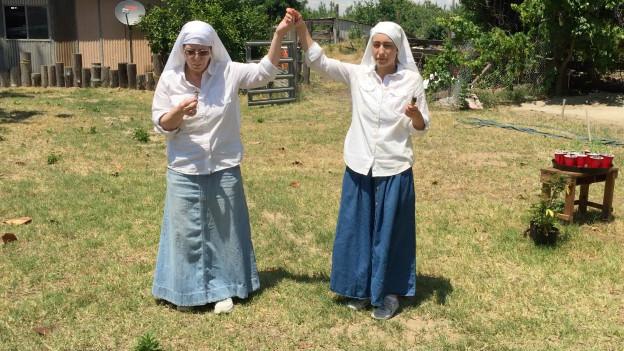
Federal Law in the United States:
United States federal legislation maintains the illegality of cannabis, although a Department of Justice memorandum in 2013 indicated a stance of not challenging state laws that decriminalized or legalized its use, which was revoked in 2018. In current practice, federal authorities rarely prosecute individuals possessing marijuana as long as they comply with state laws regarding it.
In 2022, President Joe Biden issued a statement urging federal agencies to expeditiously review the possible decriminalization of cannabis in the country. He acknowledged the harms resulting from criminalizing minor cannabis offenses and the evident racial disparities in the application of these laws. His administration has taken initial steps at the federal level to address these issues and at the state level, has advised governors to grant pardons for minor marijuana possession offenses. This measure would have a significant impact, as thousands of people are incarcerated at the state level for such offenses.
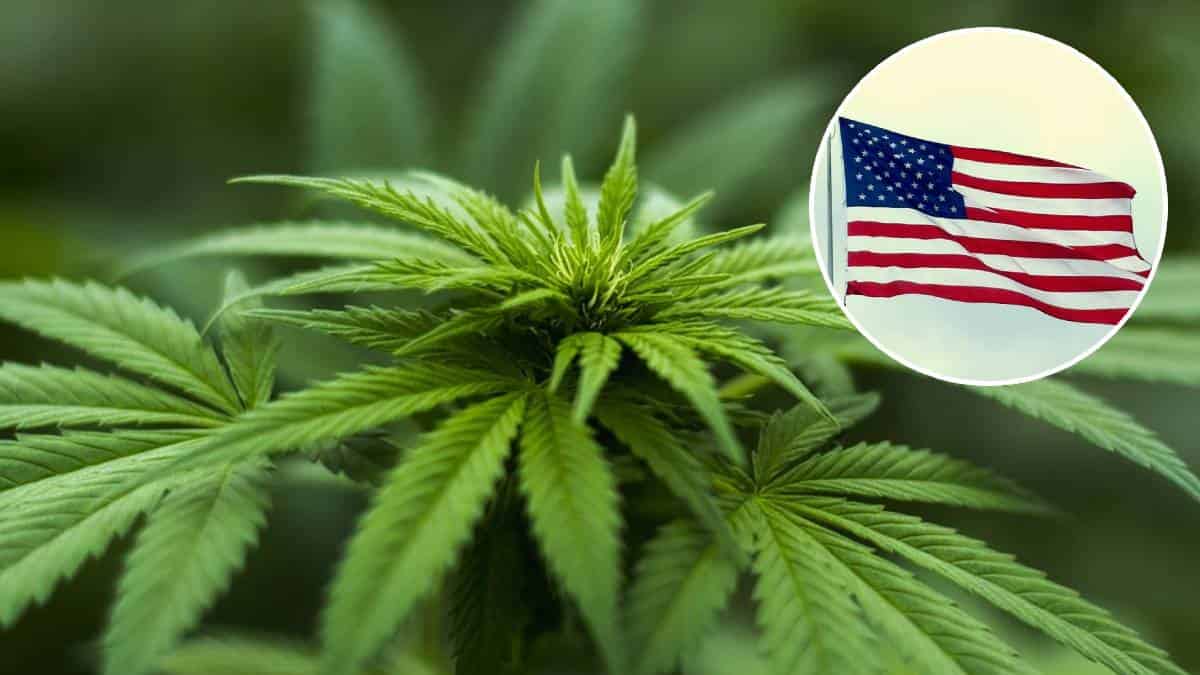
Regarding state laws in the United States, there are two main approaches to drug law reform: decriminalization and legalization.
Decriminalization means that individuals are not arrested or taken to court for possessing small amounts of the substance, though it remains illegal. However, they may face civil penalties, which often disproportionately affect communities of color.
Legalization, on the other hand, means that there are no penalties for possessing or acquiring the substance under certain conditions, such as being of legal age or having a medical prescription. Some states have legalized only medicinal use, while others have allowed possession for personal use. There are also regulations on sale and cultivation, with licensing requirements and limits on the amount that can be legally sold or possessed, as well as age restrictions similar to those for tobacco and alcohol.
